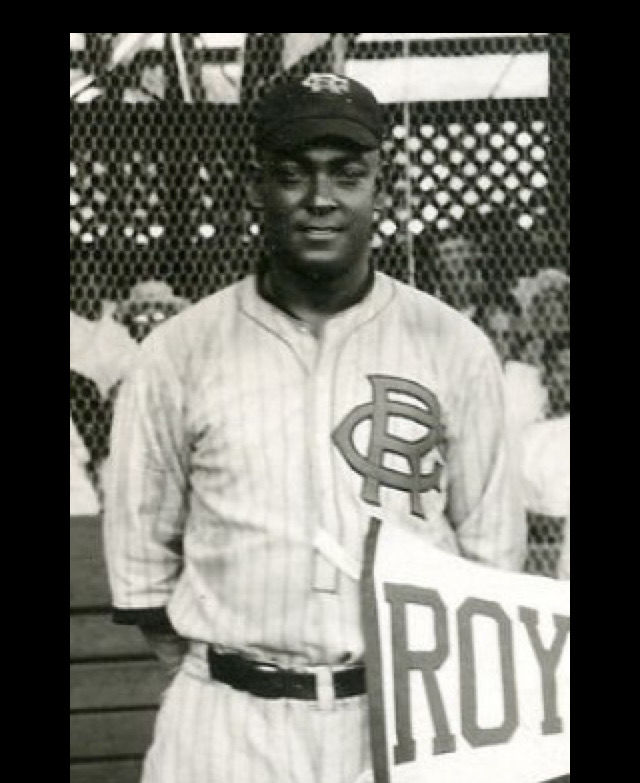In the countdown to Asia Society of Southern California event on September 28, I posted photos on social media posts of African Americans who had productive engagement with Asia in the Interwar Period.

Who were these intrepid people and how were they engaging with Asia in the two decades between World Wars I and II?

For those who weren't able to attend the program, here is a bit about who those people were and where you can find out more about the impact they had in connection with their Asia ties!
Juliette Derricotte was an educator, Christian student leader, and activist who used her religious commitment to promote equality and ecumenical connections. As one of six American representatives to the World Student Christian Federation (the international student arm of the YMCA/YWCA movement). In this capacity, she participated in various international conferences and in 1928-29 attended the Federation's conference in Mysore, India.

In his memoir, Benjamin Mays noted Derricotte's efforts in sharing the import of Gandhi's approach to achieving social/political change using nonviolent action. Derricotte died tragically young in an egregious example of medical racism.

O'Neal Pullen was another Black American who had an impact through his experience in Asia - in this case in popularizing professional baseball in Japan. This NPR article from 2015 does a fantastic job of contextualizing why Black baseball players were so effective in helping popularize the game in Japan and how those interactions benefited the players as well.
Midge Williams was a respected jazz vocalist who performed in Shanghai and Tokyo in the 1930's.
By virtue of her technique and generosity in offering 'master classes' to local musicians, together with recordings she made in Japanese, she is considered to have helped in developing the Japanese form of jazz.

Edgar W. Pope describes Williams's impact thus:


Like her friend Juliette Derricotte, Sue Bailey Thurman was an educator and activist. She went to India, Sri Lanka and Myanmar in 1935-36 as part of the Pilgrimage of Friendship headed by her husband Howard Thurman.
Professor Dennis C. Dickerson's fascinating article Gandhi's India and Beyond: Black Women's Religious and Secular Internationalism, 1935-1952 is very worth reading to appreciate the significance Bailey Thurman's trip to India had for her personally and others she inspired, taught and worked with for decades to come.
And finally, James Weldon Johnson - best known today as having composed the lyrics for the Negro National Anthem. Johnson was a sought-after participant in the Kyoto Conference hosted by the Japan Delegation of the Institute of Pacific Relations.

The Institute of Pacific Relations was established in Honolulu in 1925 to provide a platform for societies surrounding the Pacific Rim to engage in issues of common concern. In the wake of World War 1, national self-determination and anti-imperialism attracted powerful sentiment in Asia. In 1927, the Japanese had suggested that the American hosts in Hawaii include what they termed a "Negro of distinction" in that year's conference. The Americans weren't keen to heed that suggestion. When Japan hosted in 1929 however, the Americans determined they should accede to this request.
James Weldon Johnson was the sole Black American delegate. Johnson's Renaissance man-like career -- educator, first Black person admitted to the bar of Florida, diplomat, first African American executive secretary of the NAACP, respected writer and editor -- made him uniquely qualified to deal with a range of social, political and racial issues and do so in an international context. The sections of his memoir, Along this Way, addressing his experience in Japan and with the IPR, are very worth reading.
Participating with Professor Keisha Brown in the Asia Society's program was such a delight. Professor Brown is a frequent public speaker on a range of China-related topics and her particular research interest is in Sino-Black relations - strongly recommend hearing her speak when there is the chance!
Comments